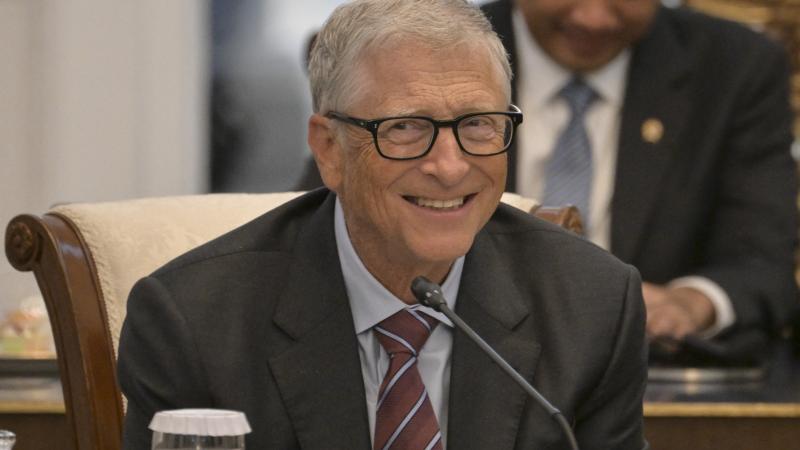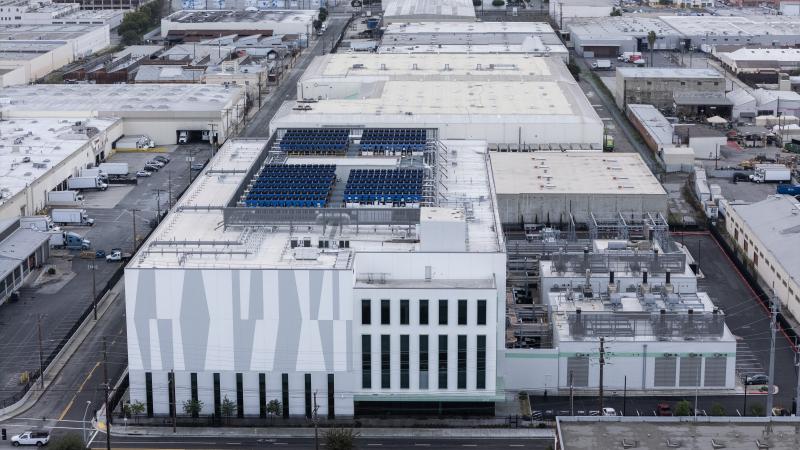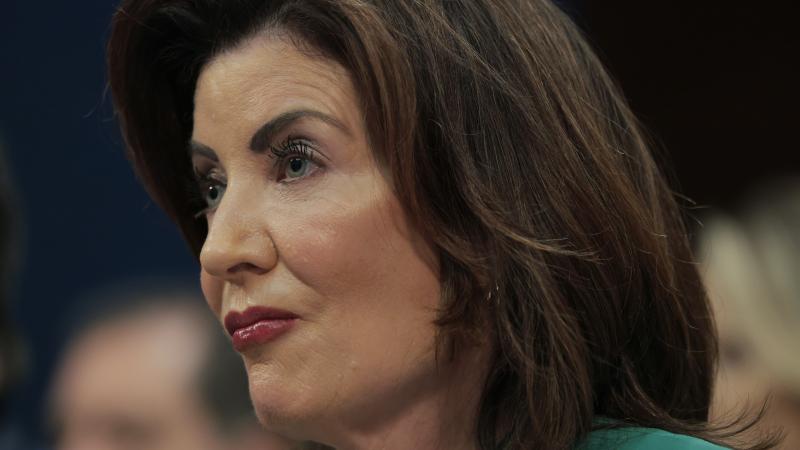Duke Energy offers pilot home vehicle charging program in North Carolina
The increased demand from EVs is expected to increase substantially as the state moves closer to Gov. Roy Cooper's carbon reduction goals of a 70% reduction from 2005 levels by 2030 and net zero emissions by 2050.
(The Center Square) — A new Duke Energy electric vehicle charging subscription pilot program with Ford, GM, and BMU aims to align with Gov. Roy Cooper's vision of 1.25 million electric vehicles on the streets by 2030.
Duke Energy this week announced a 12-month EV Complete Home Charging Plan pilot program for residential customers that will offer 800 kilowatt-hours per month to charge EVs at home for a fixed monthly fee. The cost for customers in the Duke Energy Carolinas service area is $19.99, while it's $24.99 for Duke Energy Progress customers.
"North Carolina has ambitious goals to reduce greenhouse gas emissions and we're supporting those efforts," Duke Energy North Carolina President Kendal Bowman said. "Increasing the numbers of EVs while reducing the number of gas-powered vehicles on the road will help our state move closer to carbon neutrality."
The program, a joint venture with GM, Ford and BMU, will utilize an Open Vehicle Grid Integration Platform to enable EV charging management that will task owners with using an app to set a desired state of charge and preferred departure time. Duke Energy will tap into the data directly to monitor charging and balance it with demand on the electrical grid. Duke Energy contends the process will "increase convenience for customers by helping to provide a charged vehicle when they need it, while contributing to grid stability."
The pilot program is part of Duke Energy's effort to prepare for an onslaught of EVs in the coming years, and the demand those vehicles will put on the grid. To that end, the company will implement "demand response events" up to three times per month in which Duke Energy will notify pilot participants 12 hours in advance to avoid charging their vehicle. Customers will only be permitted to opt out of four of the 36 demand response events during the pilot.
"EV charging has the added benefit of flexibility, meaning charging can be managed – such as shifting charging to off-peak hours – which is important in limiting cost increases and mitigating peak demands," said Harry Sideris, Duke Energy's executive vice president of customer experience.
The increased demand from EVs is expected to increase substantially as the state moves closer to Gov. Roy Cooper's carbon reduction goals of a 70% reduction from 2005 levels by 2030 and net zero emissions by 2050.
Cooper issued Executive Order 246 in 2022 to call for an increase in zero-emission vehicles to at least 1.25 million by 2030, and for half of new sales to be zero-emission vehicles by the same year. The executive order does not provide a specific date in 2030.
Of the roughly 66,000 EVs registered in North Carolina through May, just under 50,000 are fully electric. In May 2022, just under 30,000 registrations were for fully electric vehicles.
Based on those figures, North Carolina would need to register nearly 15,000 per month to meet Cooper's goal by Jan. 1, 2030, or more than 13,000 per month by Dec. 31, 2030, if both fully electric and hybrid vehicles are included.
The rate of registrations would need to be nearly 15,200 per month to reach the goal by Jan. 1, 2030, or nearly 13,200 per month by the end of 2030, if accounting for only fully electric vehicle registrations.
















